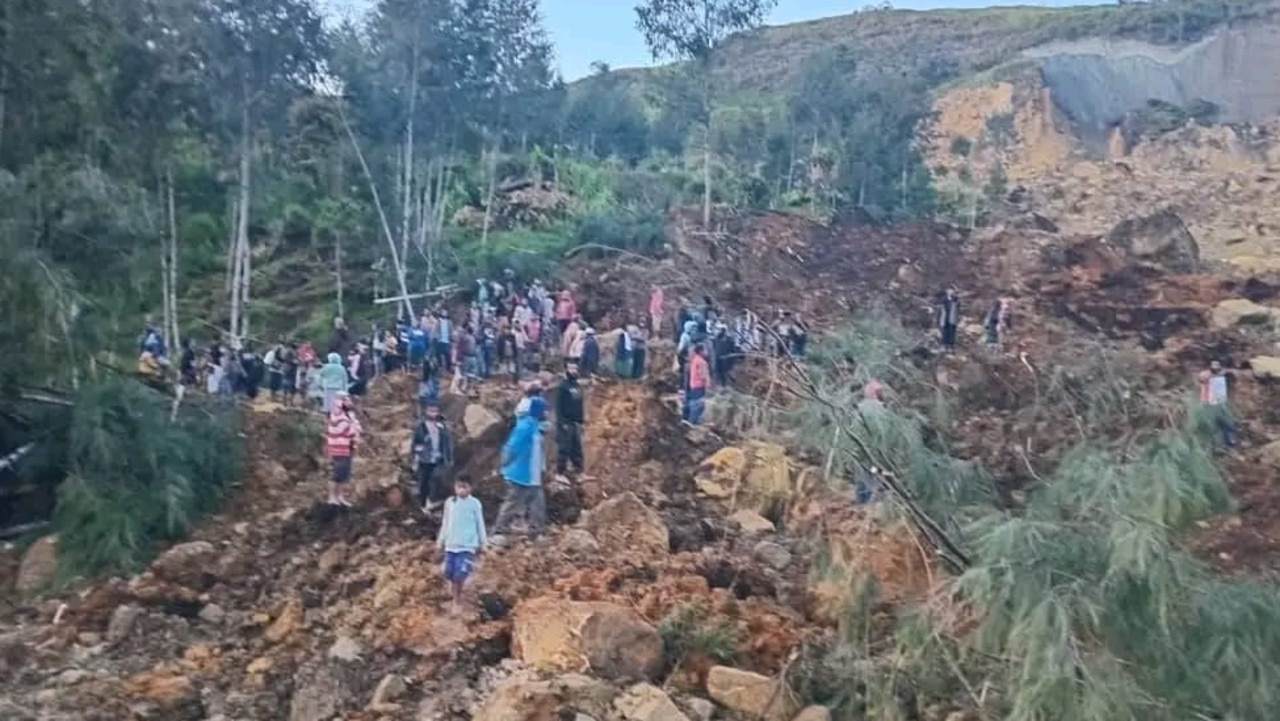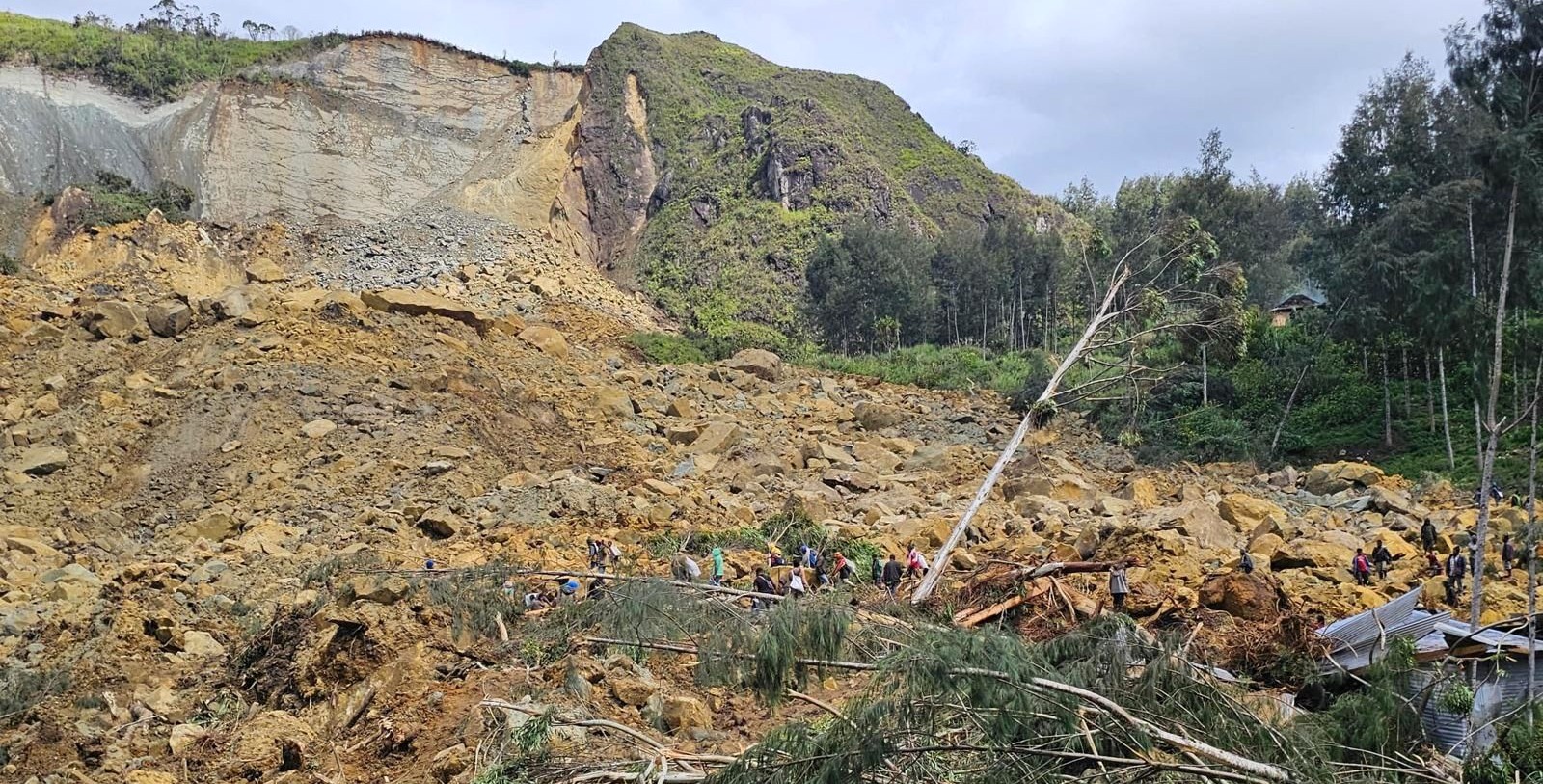Friday’s landslide has left debris up to eight metres deep across 200 sq km, cutting off road access, with helicopters currently the only way to reach the area.
The International Organization for Migration (IOM) has updated its estimate of the death toll from a massive landslide in Papua New Guinea, now believed to have claimed more than 670 lives. This grim revision came after local officials in Yambali village and Enga Province reported that over 150 homes had been buried by Friday’s landslide. The previous estimate had been 60 homes.
Serhan Aktoprak, the chief of the U.N. migration agency’s mission in Papua New Guinea, noted that local estimates suggested that more than 670 people were buried under the landslide. Initial reports on Friday, May 24, had put the death toll at 100 or more, but by Sunday, only five bodies and a leg of a sixth victim had been recovered.

Emergency responders are working tirelessly to move survivors to safer ground, despite the unstable earth and the added complication of tribal warfare in the Highlands region. The landslide has cut off the main highway through the province, creating a massive swath of debris the size of several football fields, which continues to pose a danger as the land is still sliding.
Authorities have set up evacuation centers on safer ground on both sides of the debris field. Convoys transporting food, water, and other essential supplies have faced risks due to tribal fighting, with Papua New Guinea soldiers providing security. Over the weekend, eight locals were killed in a clash between rival clans unrelated to the landslide, and around 30 homes and five businesses were destroyed in the violence.

Despite these challenges, officials remain focused on rescue and relief efforts. Justine McMahon, country director of CARE International, emphasized the immediate priority of moving survivors to more stable ground and providing essential supplies. The numbers of injured and missing are still being assessed, with medical facilities buried along with homes and businesses.
Papua New Guinea Defense Minister Billy Joseph and National Disaster Center Director Laso Mana are en route to the affected area to assess the situation firsthand. The government is expected to decide soon whether to officially request more international aid. Both the United States and Australia, a close neighbor and significant provider of foreign aid, have expressed their readiness to assist further.

Papua New Guinea is a diverse, developing nation located in the southwestern Pacific Ocean, occupying the eastern half of the island of New Guinea and numerous offshore islands. Known for its cultural and linguistic diversity, it is home to over 800 languages and approximately 10 million people, most of whom are subsistence farmers.
The country’s rugged terrain includes mountains, dense rainforests, and extensive coastline, which contributes to its rich biodiversity. The capital, Port Moresby, is situated on the southeastern coast. Papua New Guinea faces challenges such as natural disasters and tribal conflicts, which impact its development and stability.
"ExpatGo welcomes and encourages comments, input, and divergent opinions. However, we kindly request that you use suitable language in your comments, and refrain from any sort of personal attack, hate speech, or disparaging rhetoric. Comments not in line with this are subject to removal from the site. "





















